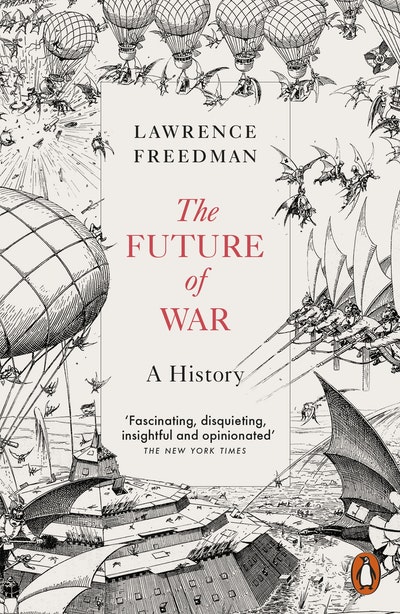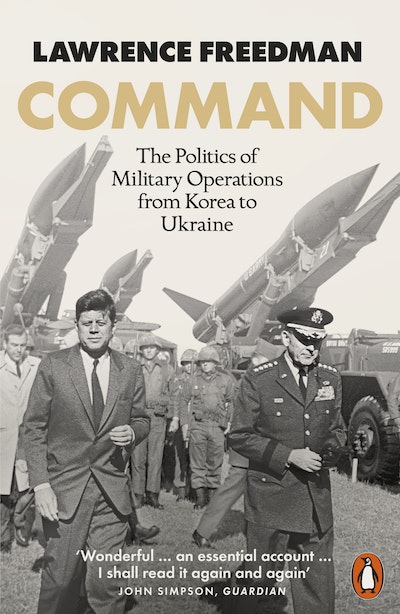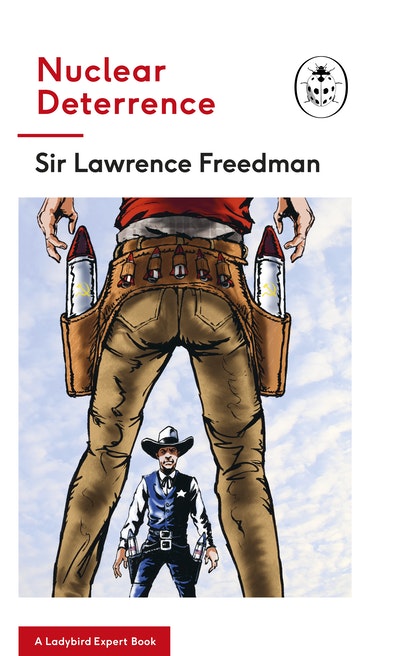- Published: 15 October 2018
- ISBN: 9780141975603
- Imprint: Penguin Press
- Format: Paperback
- Pages: 400
- RRP: $30.00
The Future of War
A History
- Published: 15 October 2018
- ISBN: 9780141975603
- Imprint: Penguin Press
- Format: Paperback
- Pages: 400
- RRP: $30.00
Arguably Britain's leading academic strategist examines how ideas about how future wars could be fought have shaped the reality, with usually baleful results. ... His message to policymakers is to beware those who tout "the ease and speed with which victory can be achieved while underestimating the resourcefulness of adversaries". Anybody who thinks otherwise should read this book
Economist
It reflects the author's immense knowledge and wisdom. It should feed our humility, because it reminds us of mankind's unlimited capacity for folly; and also of the need to sustain defences against all manner of threats, because the only certainty is that the next peril to confront us will be the one we least expect
Max Hastings, The Times
What is most impressive about the book is the author's erudition and the lightness with which he wears it
Christopher Coker, Literary Review




